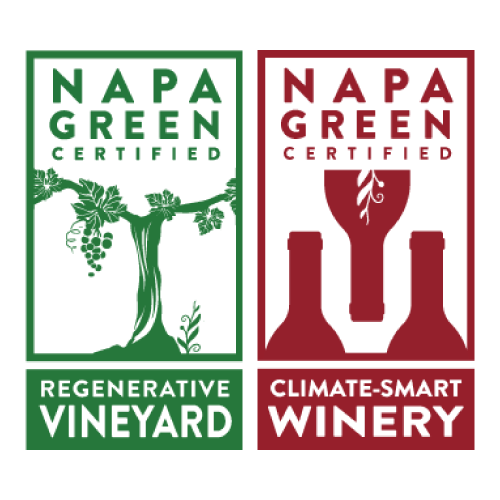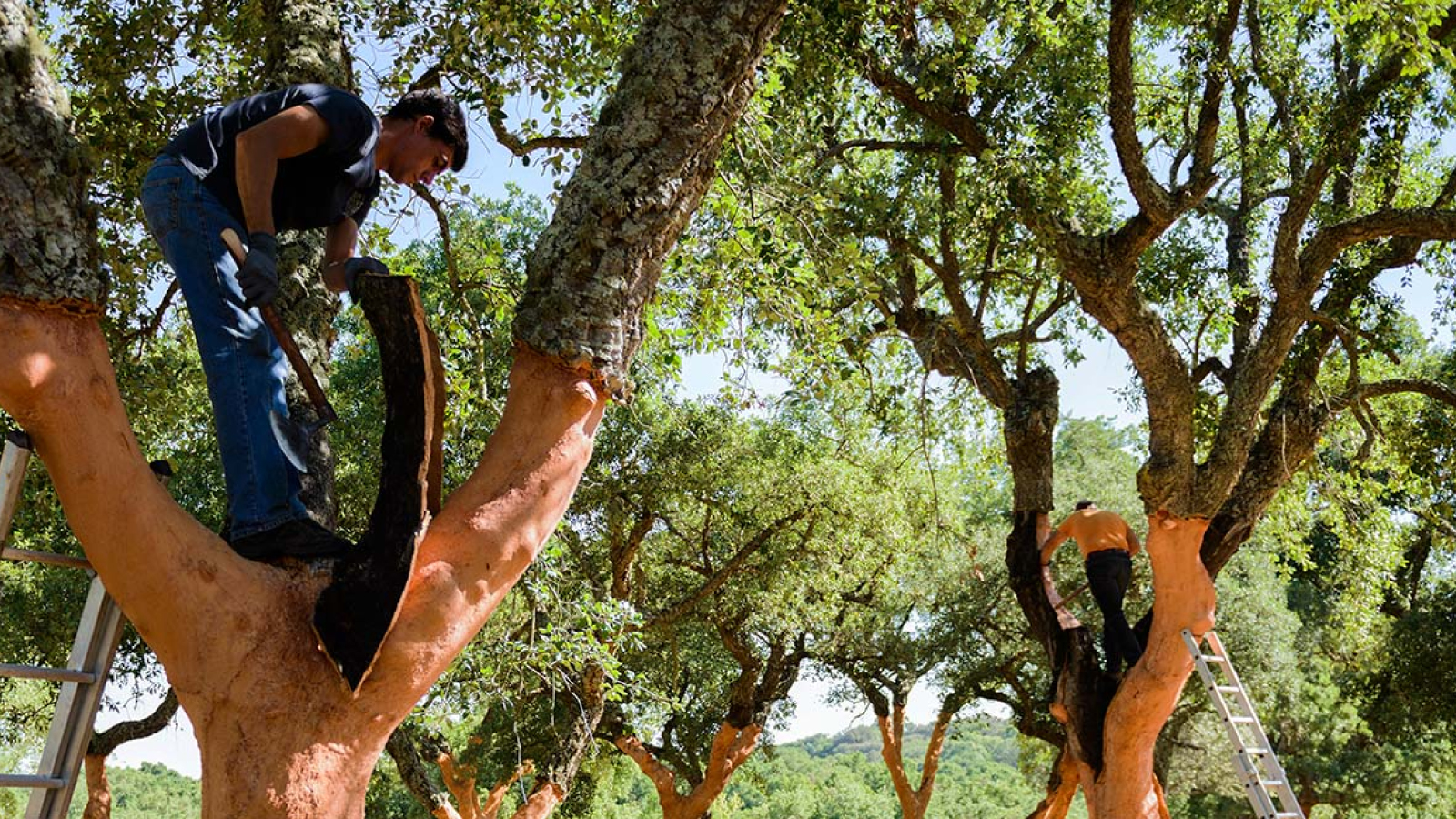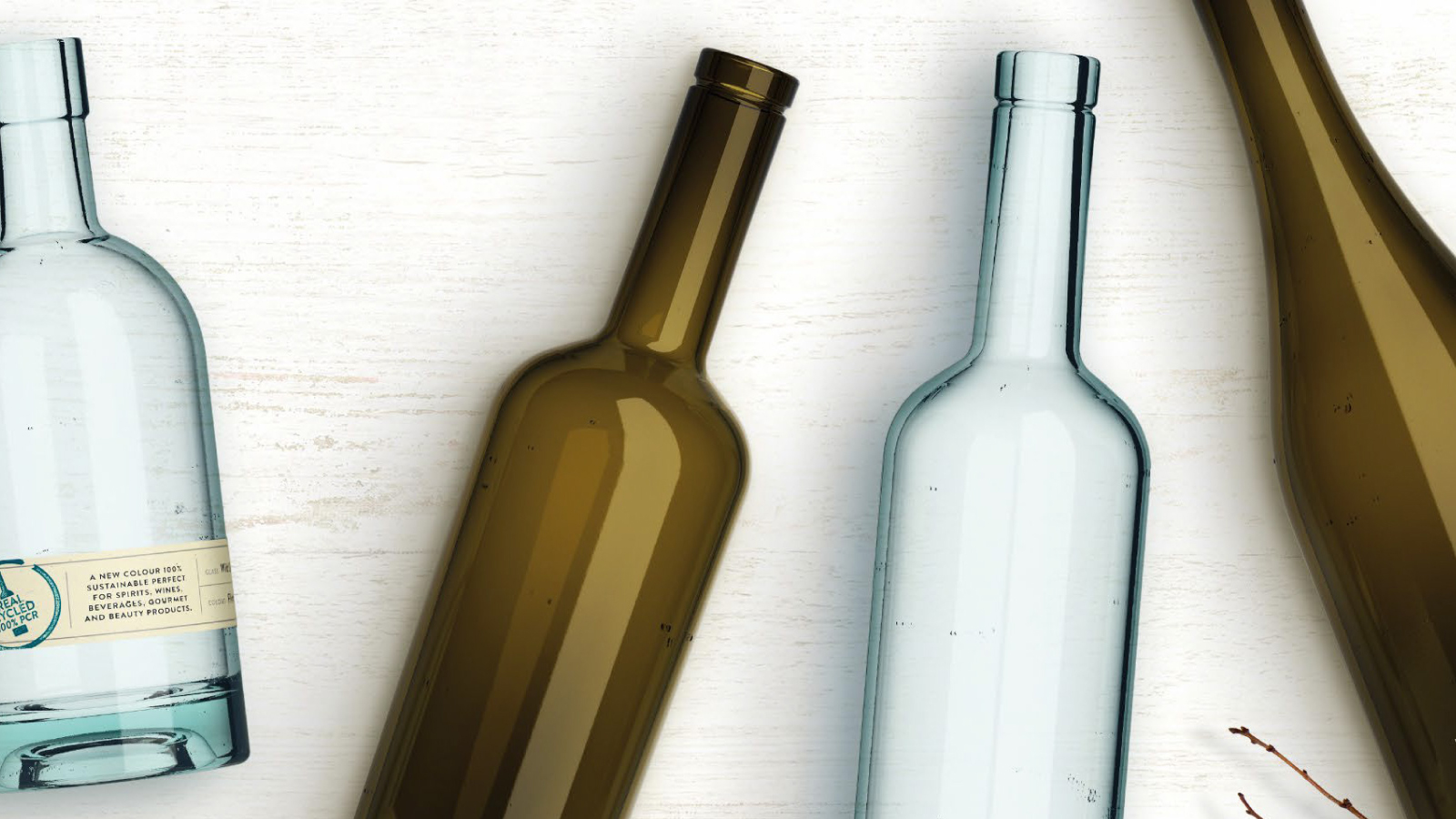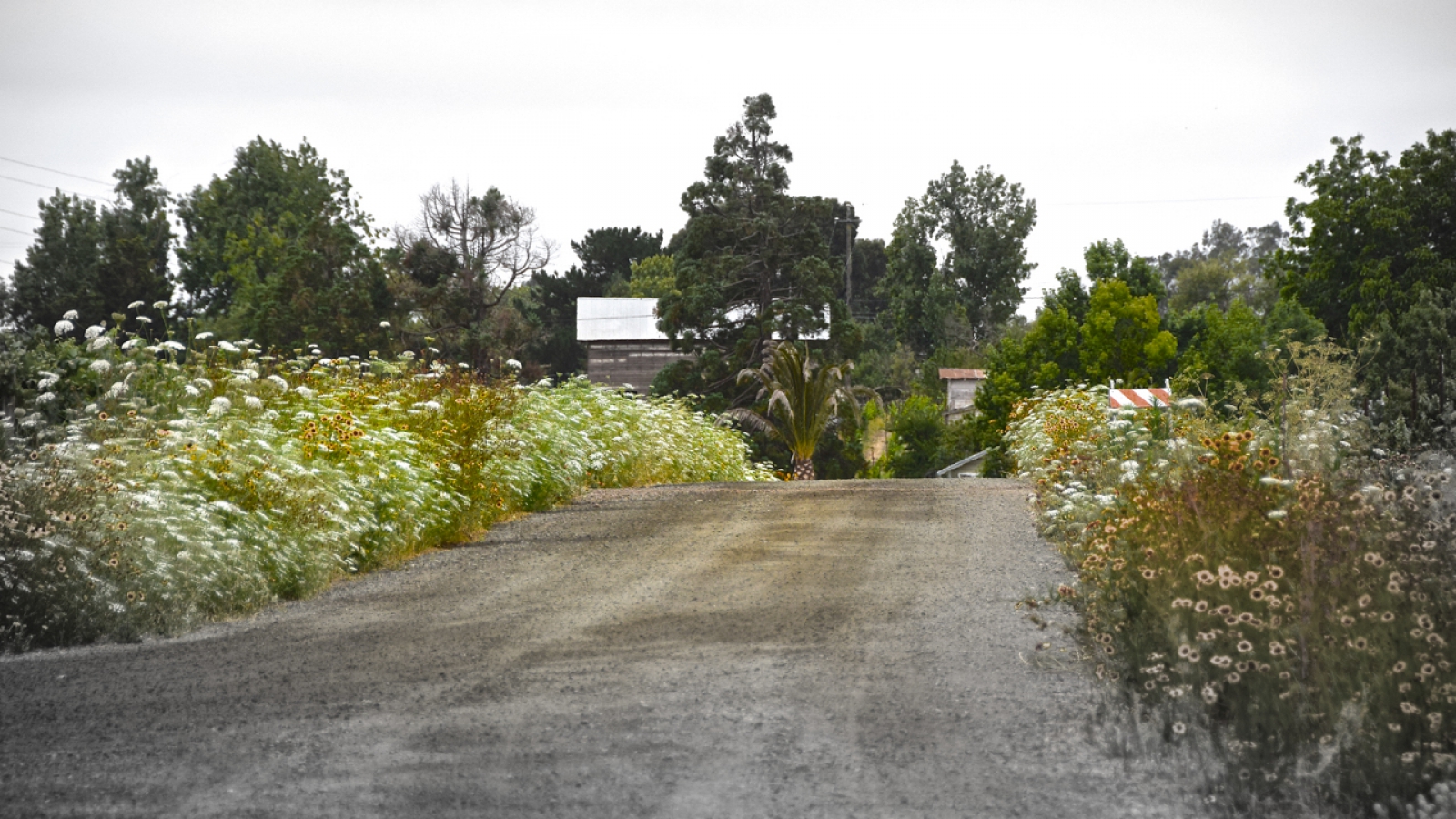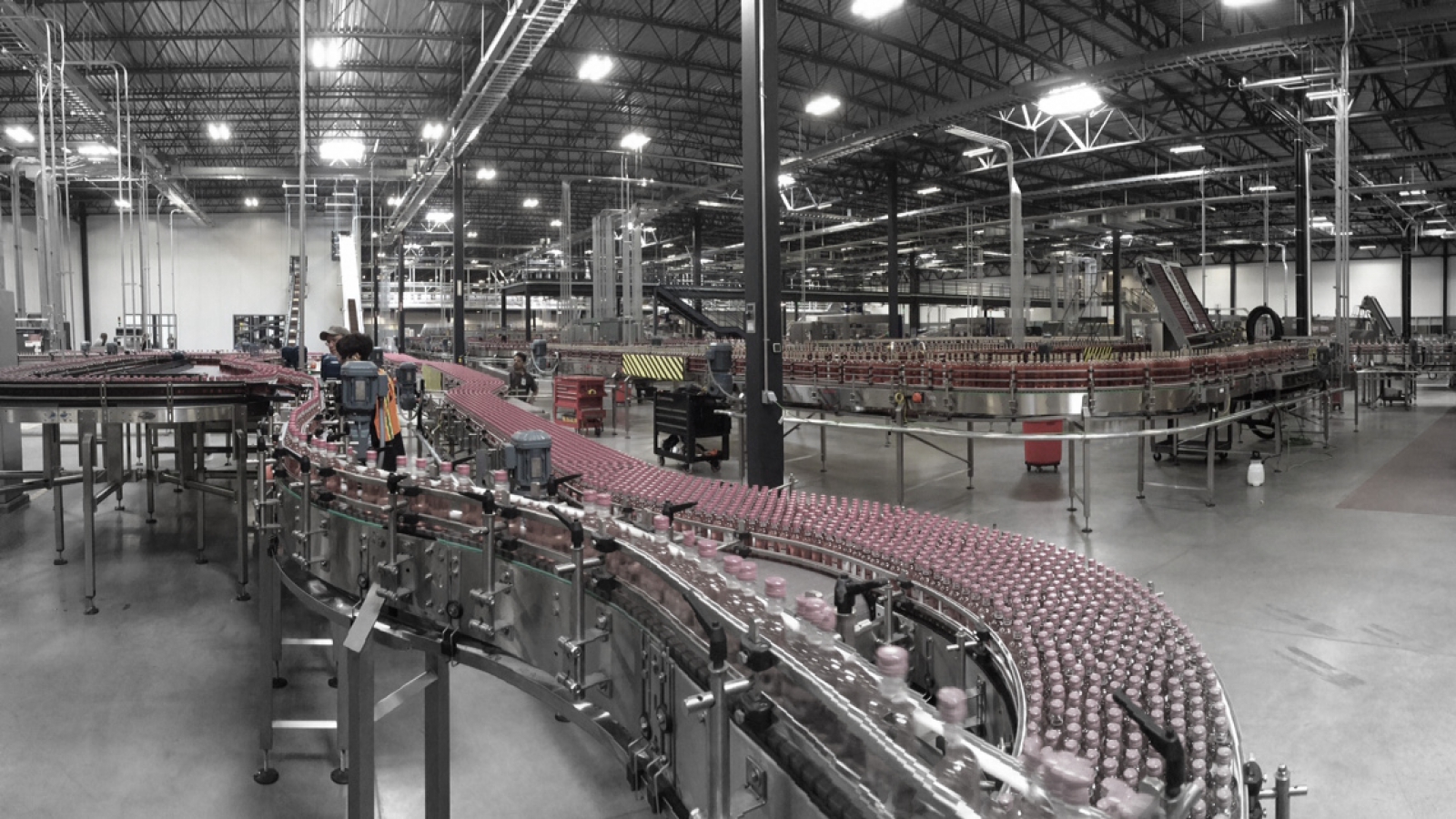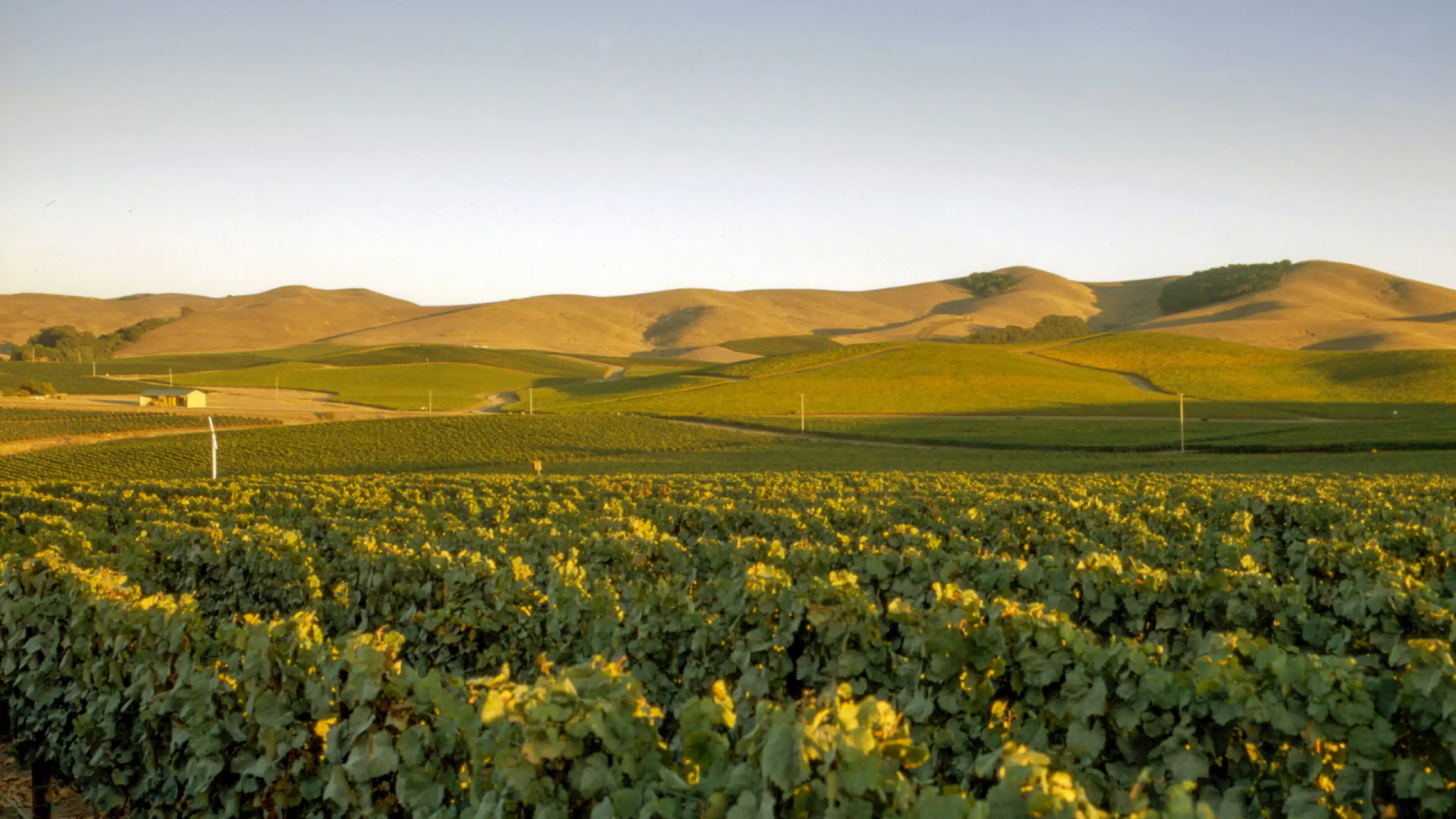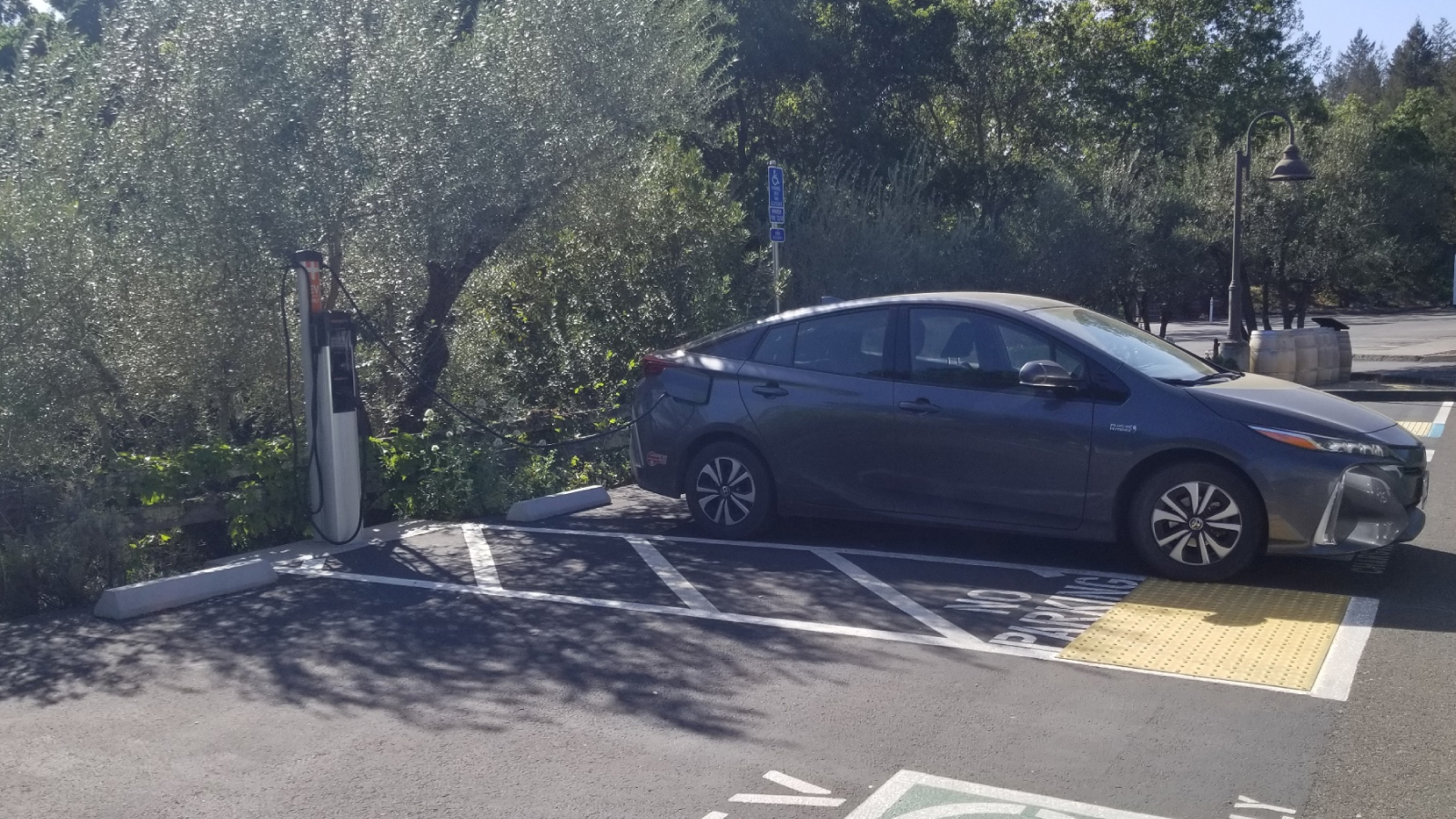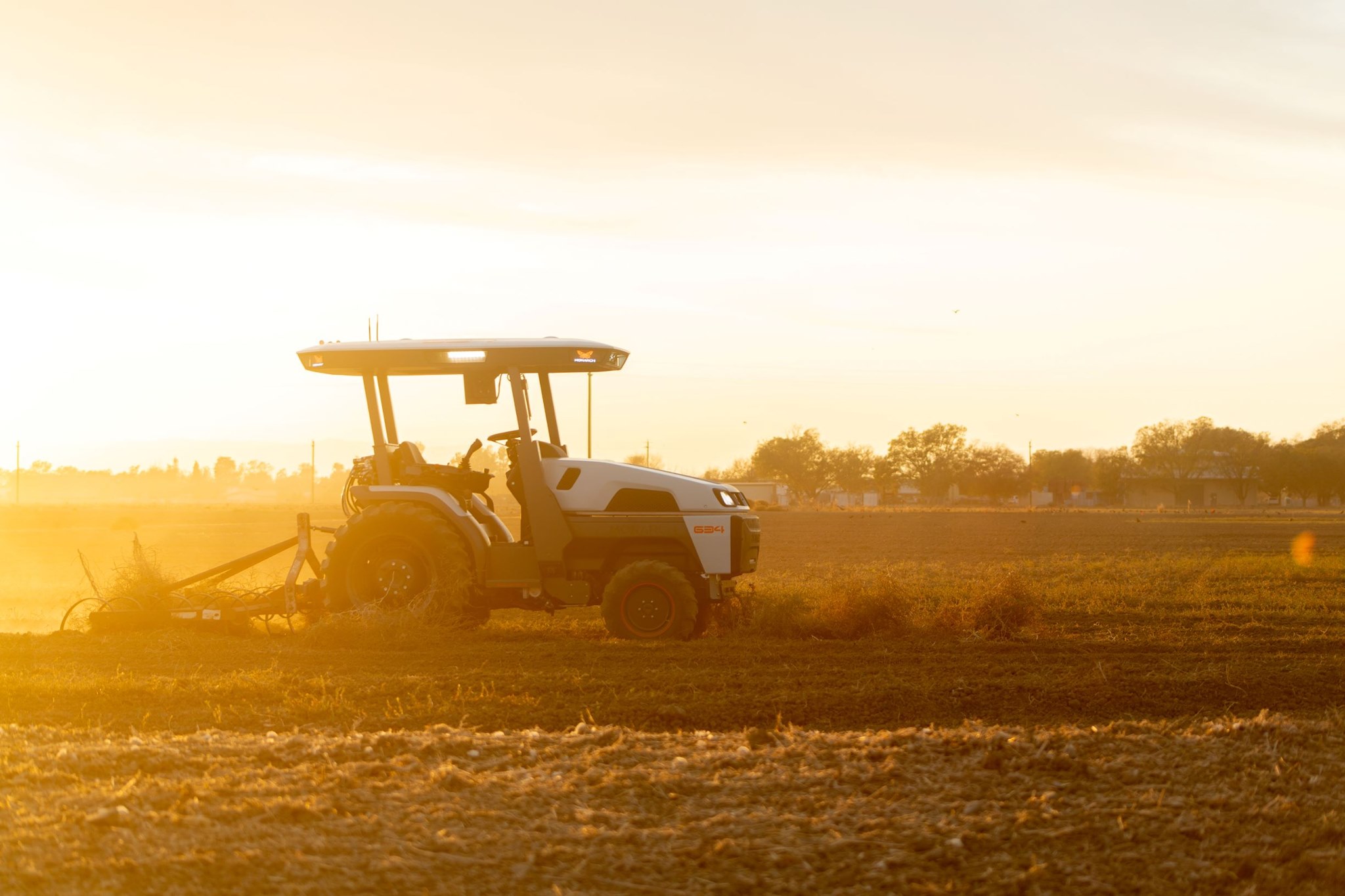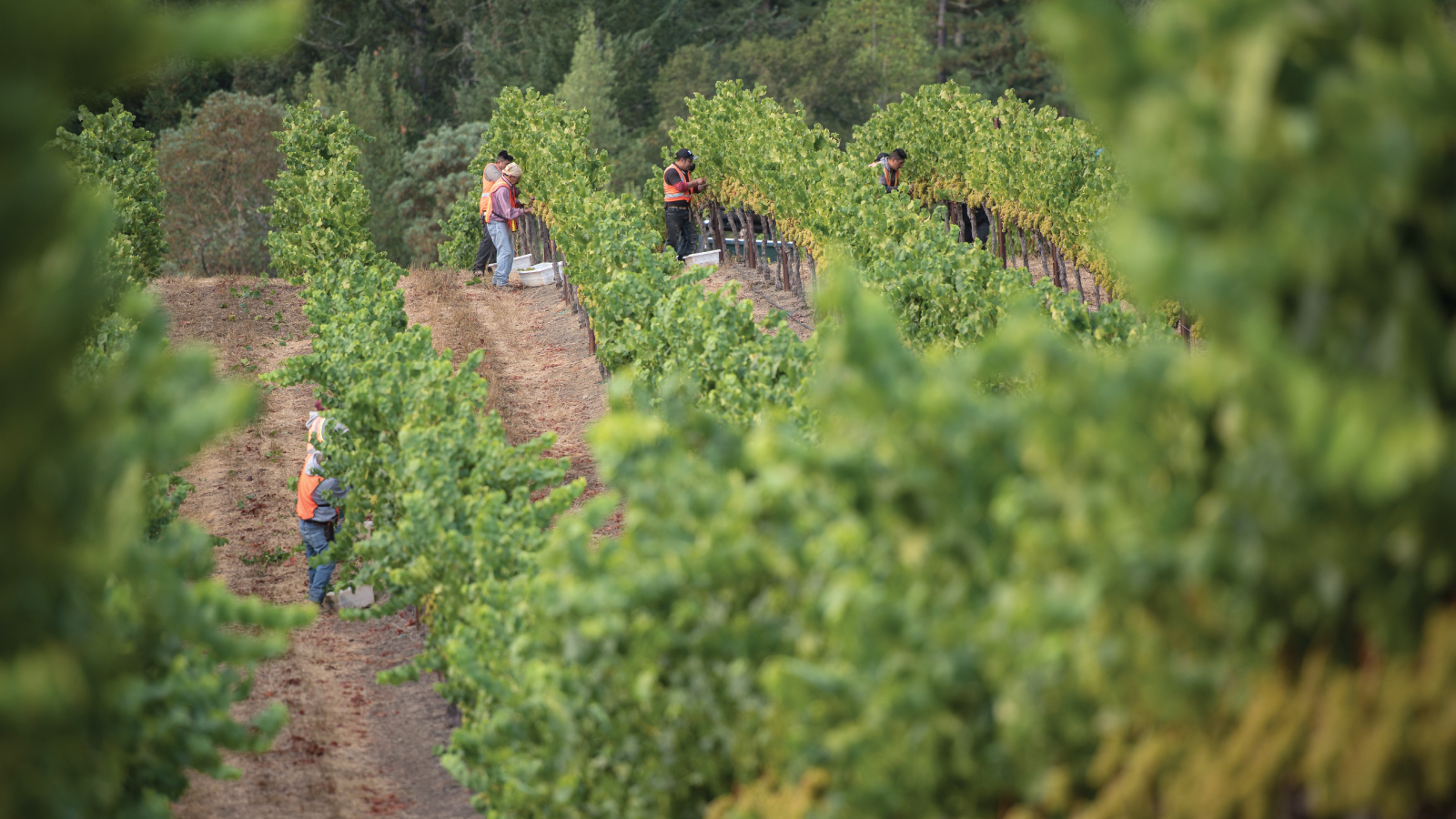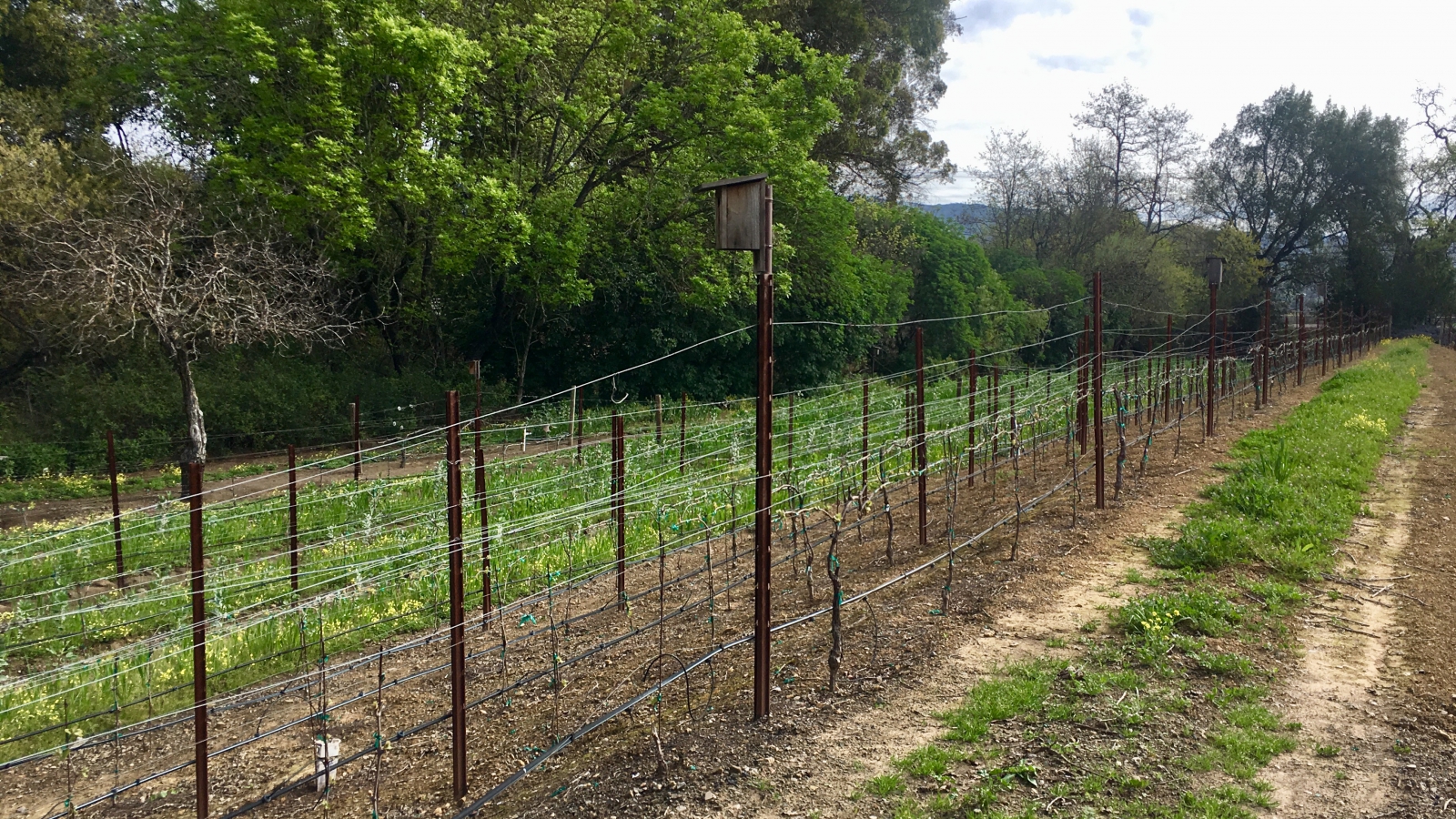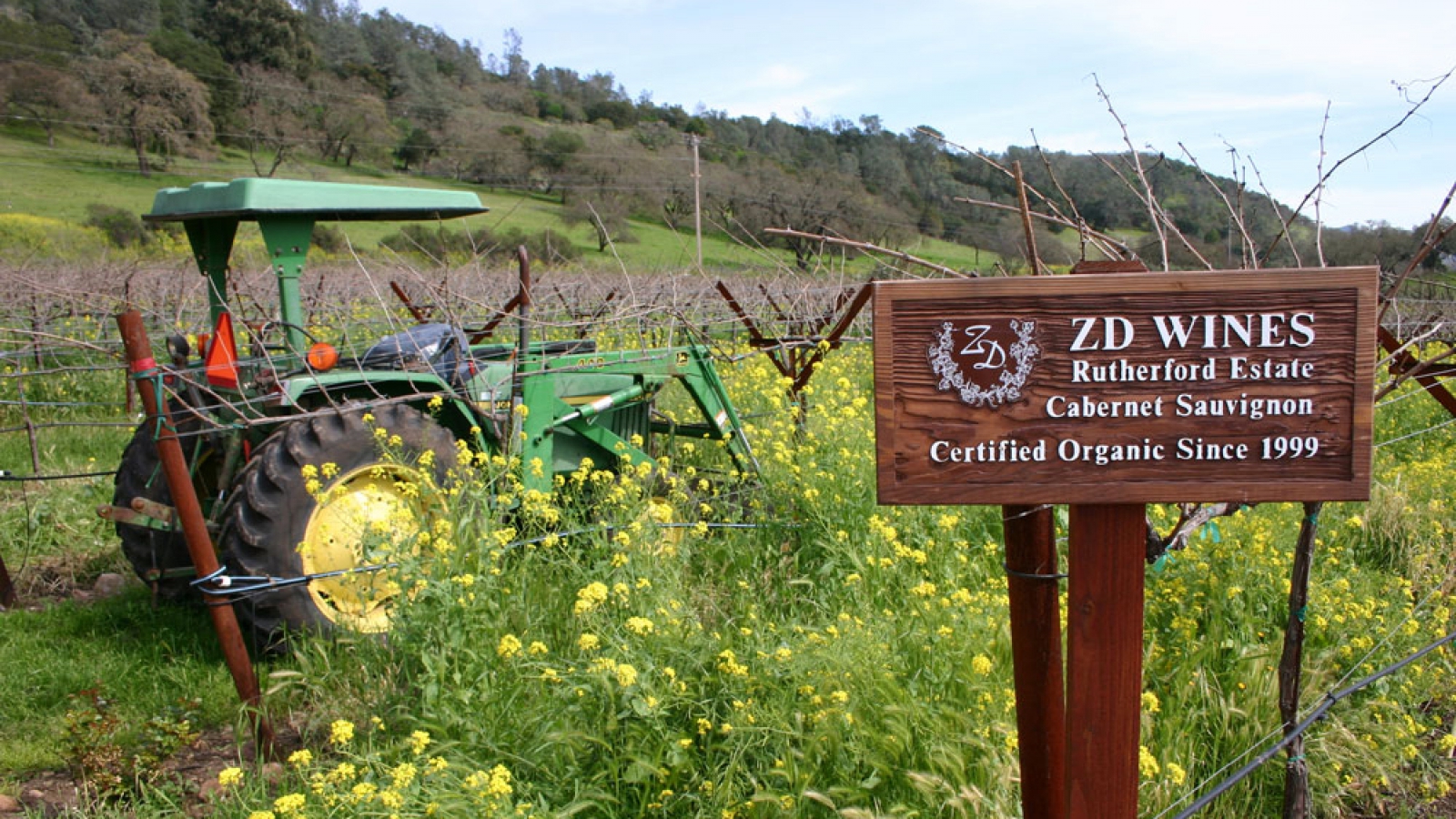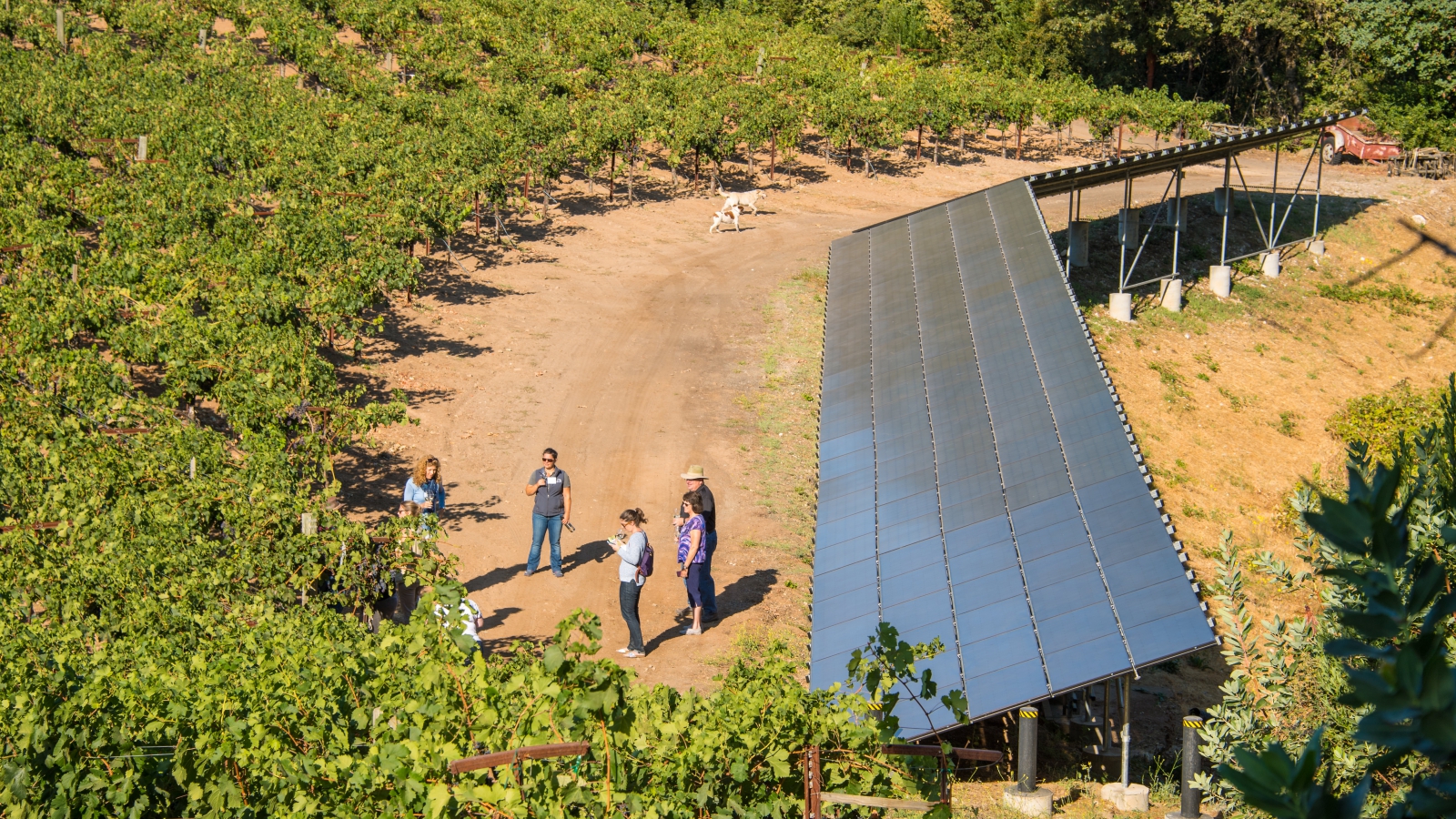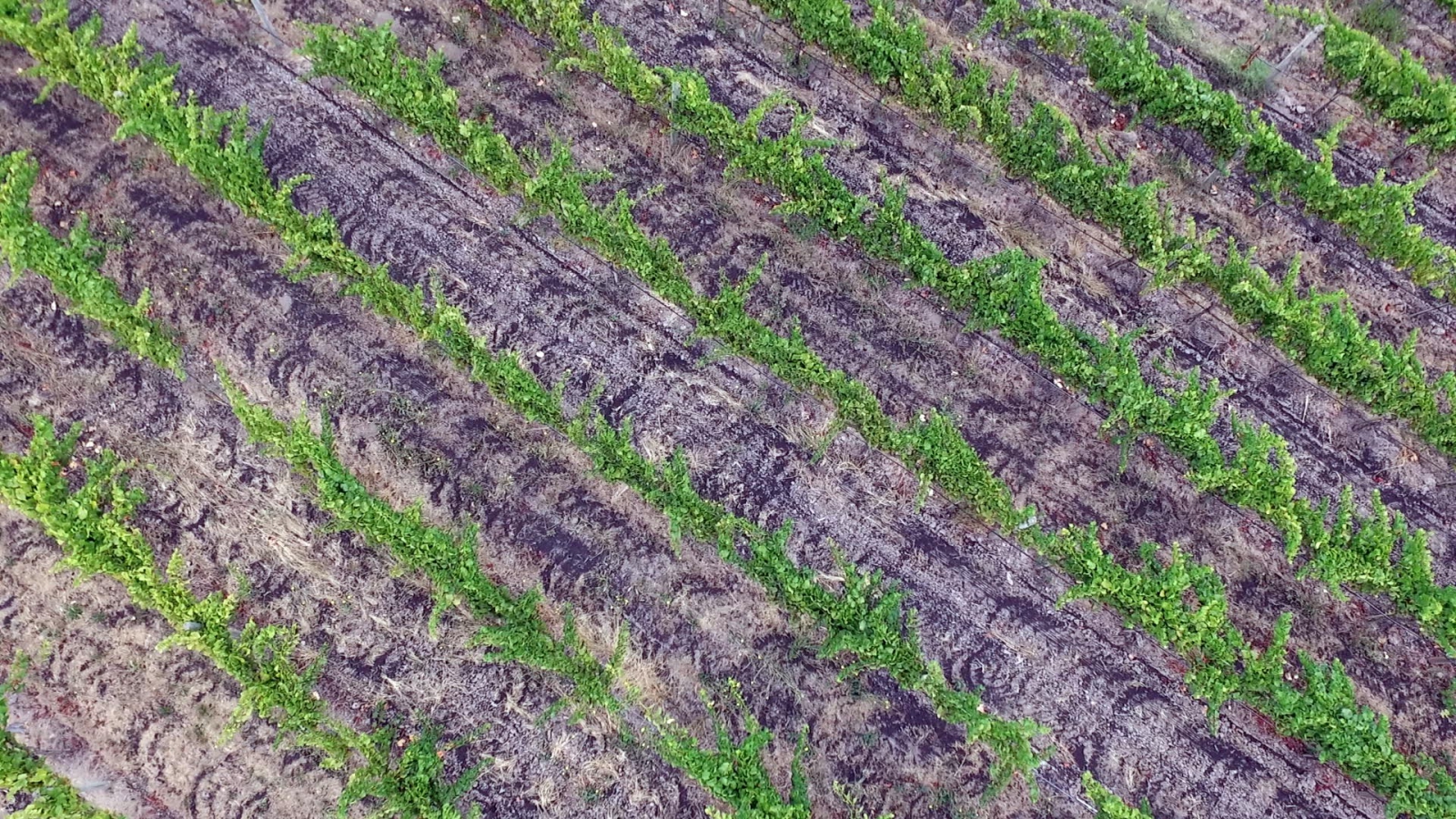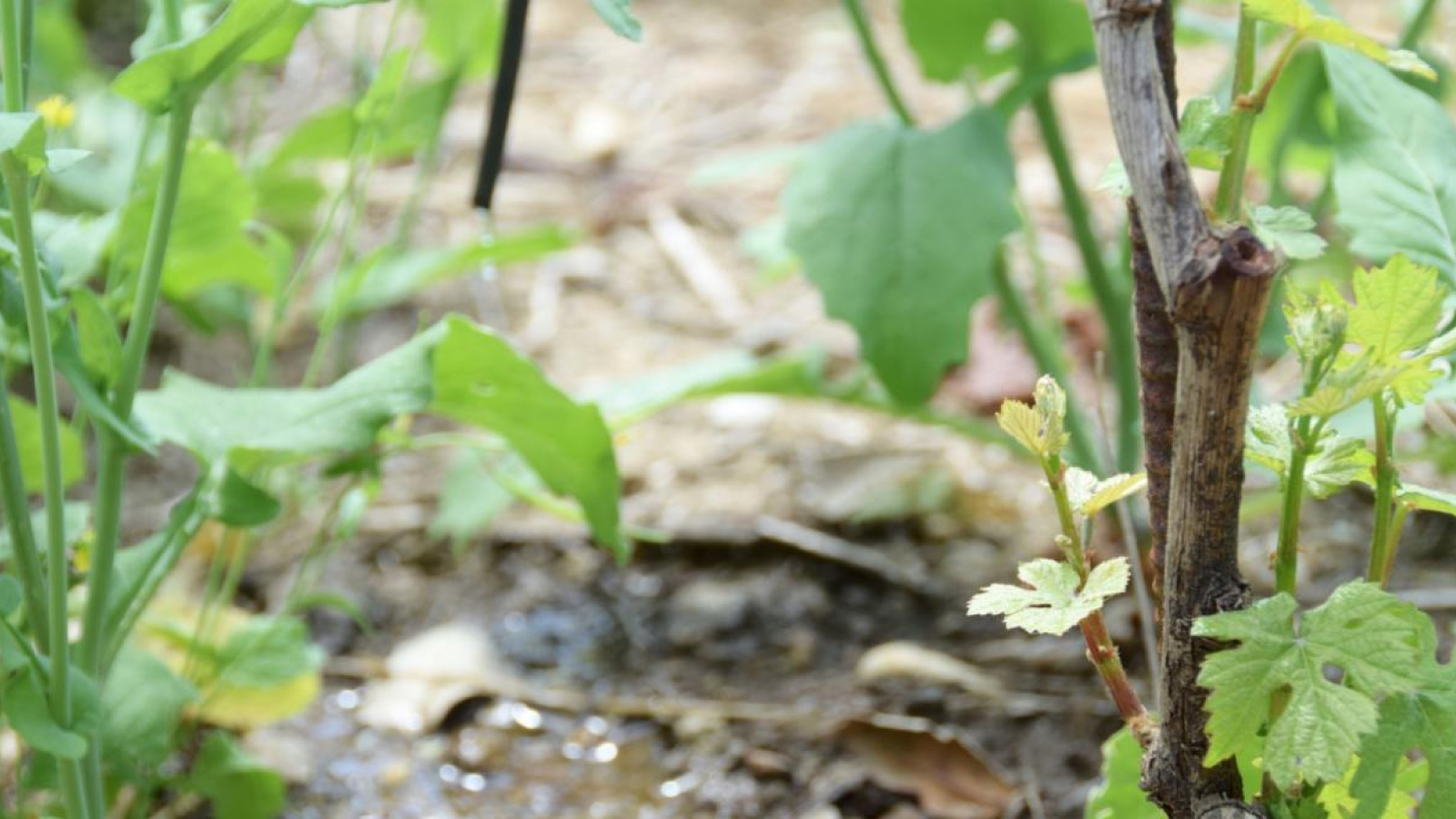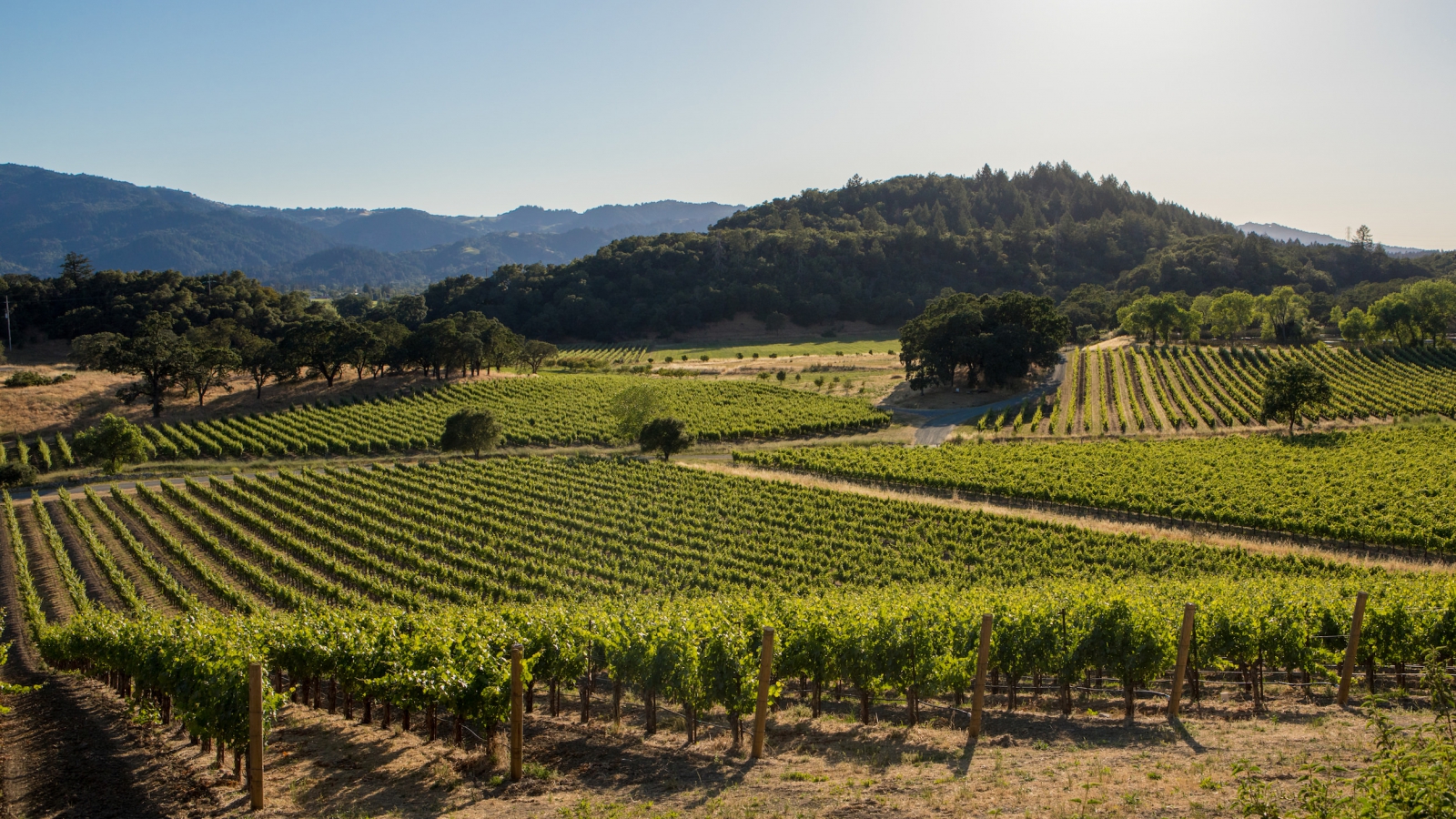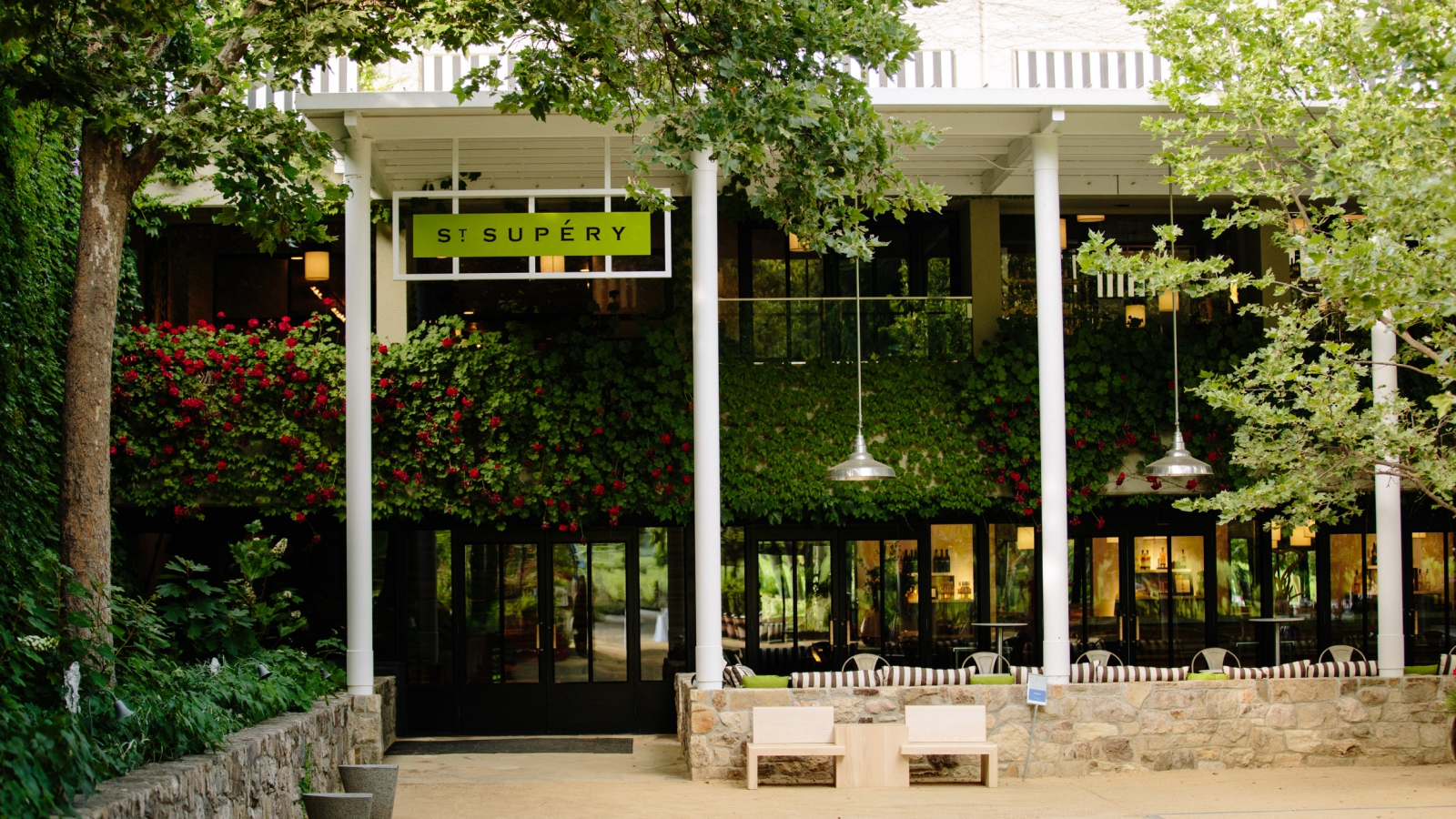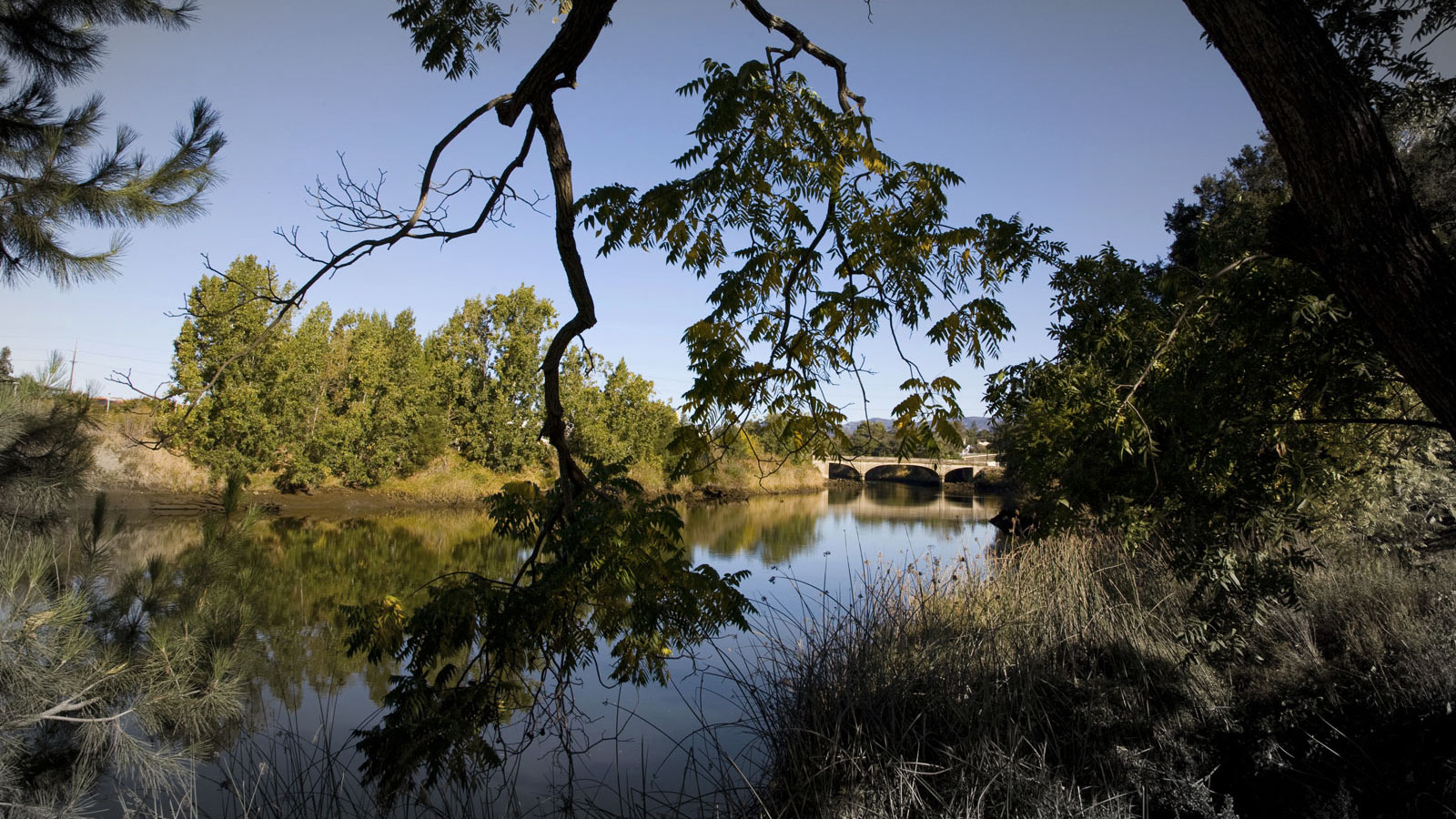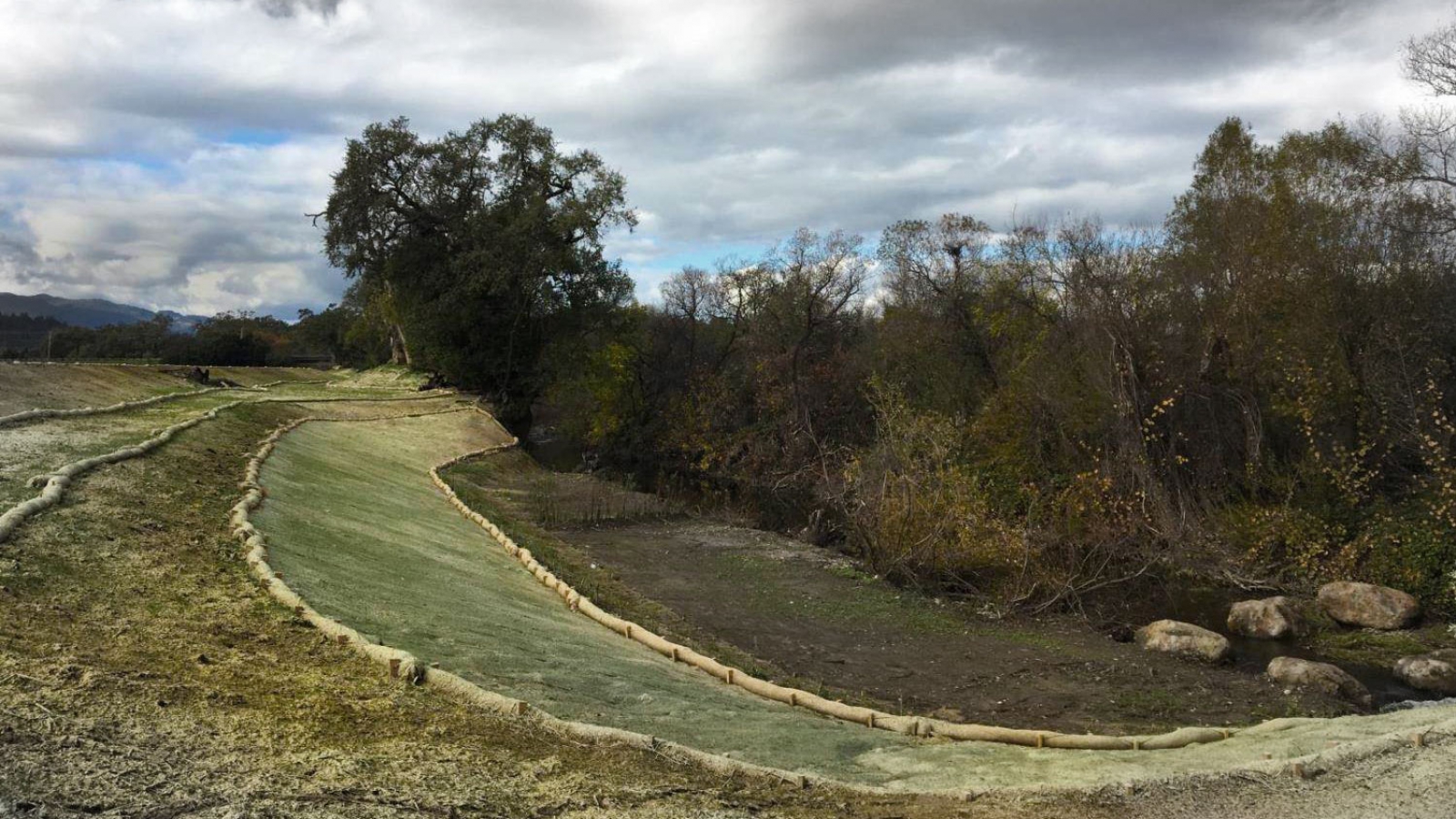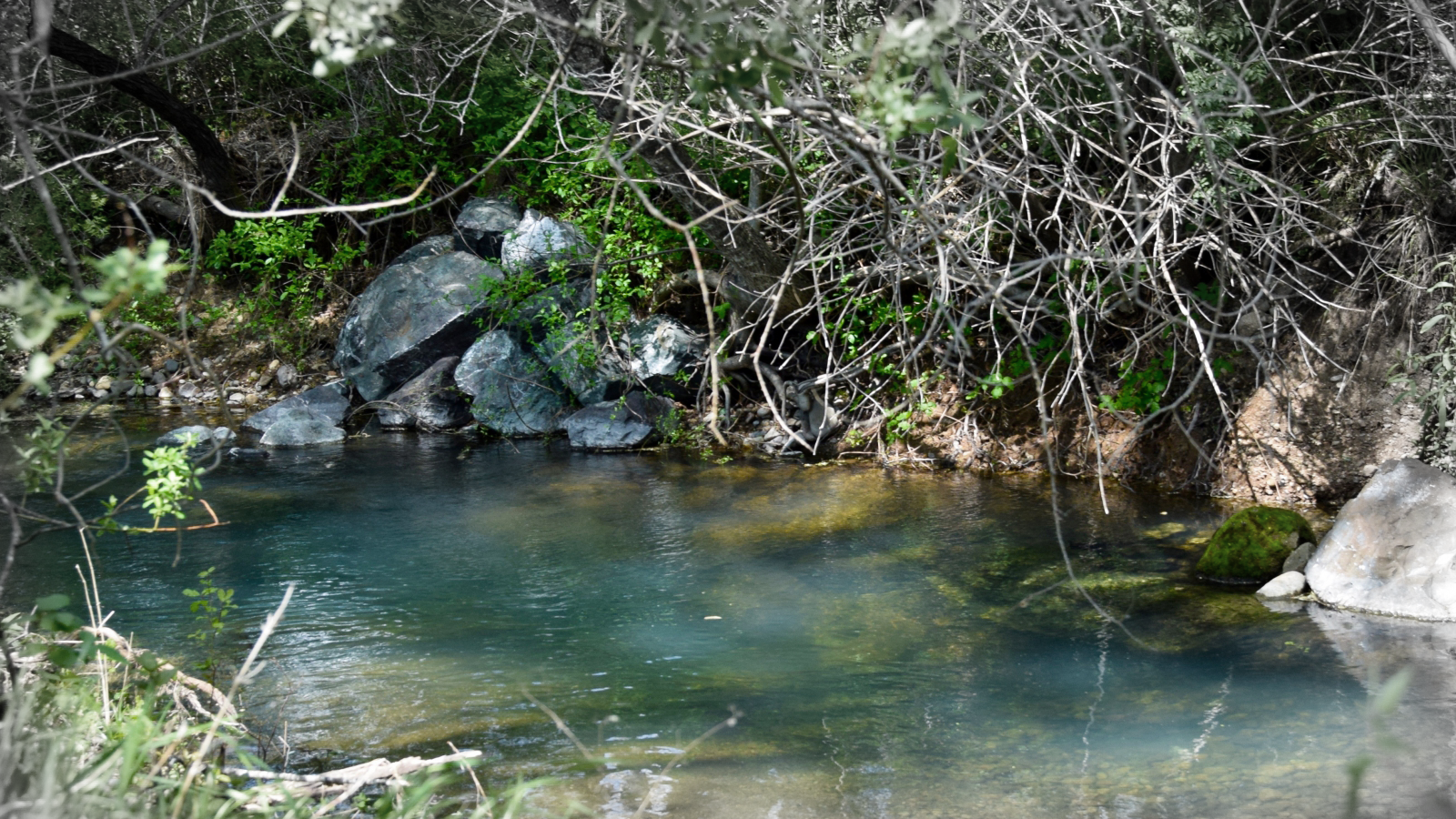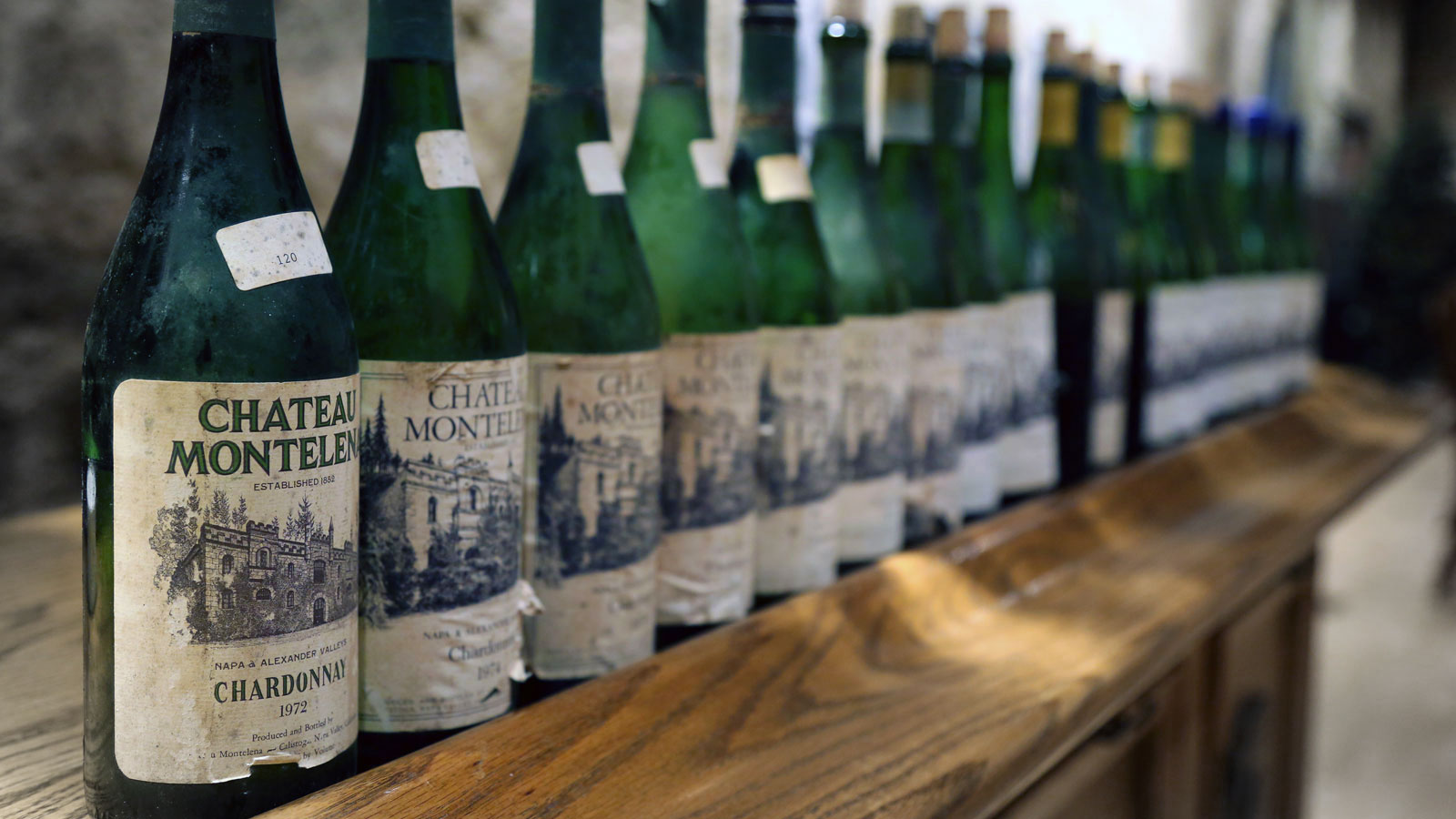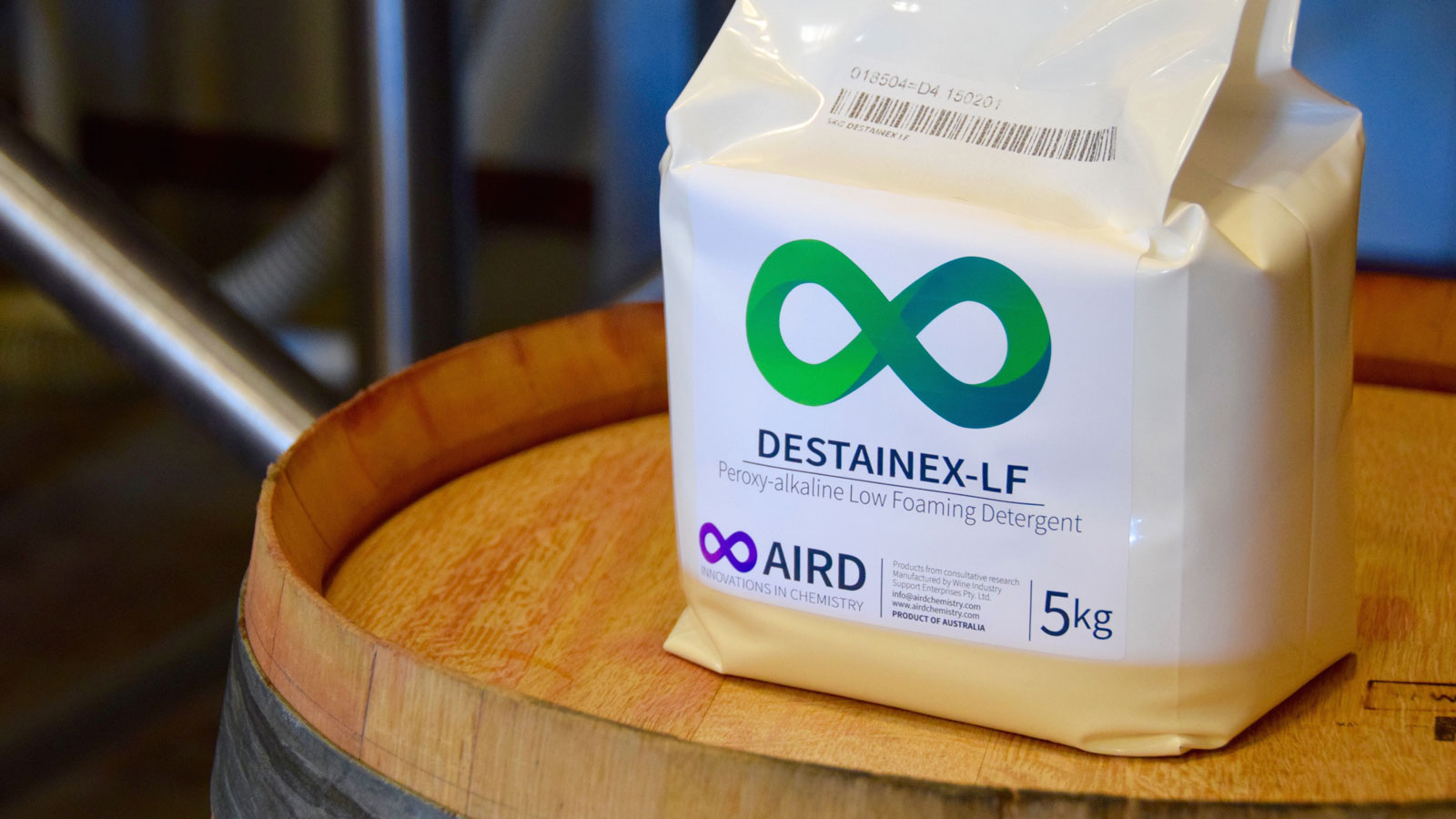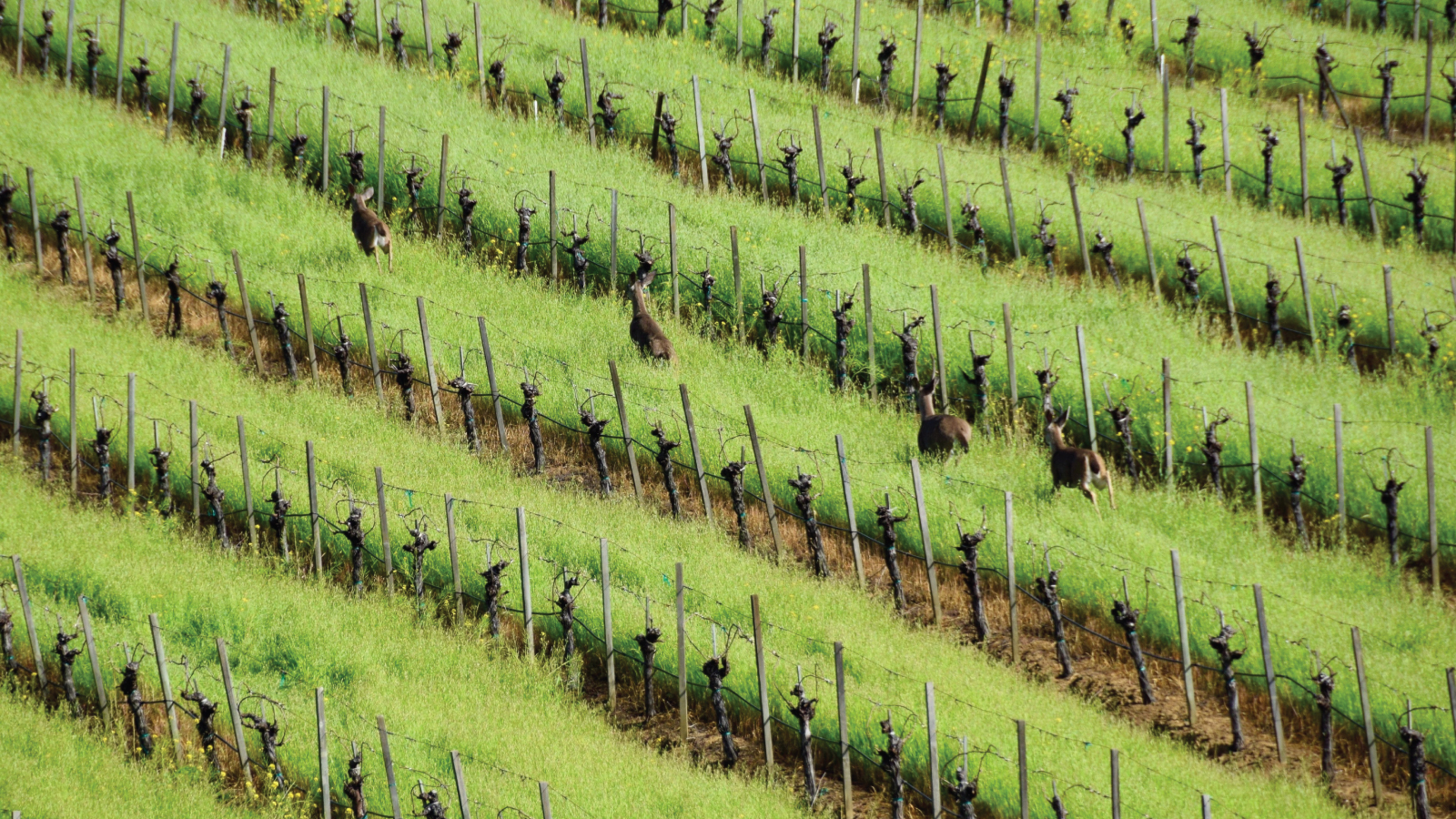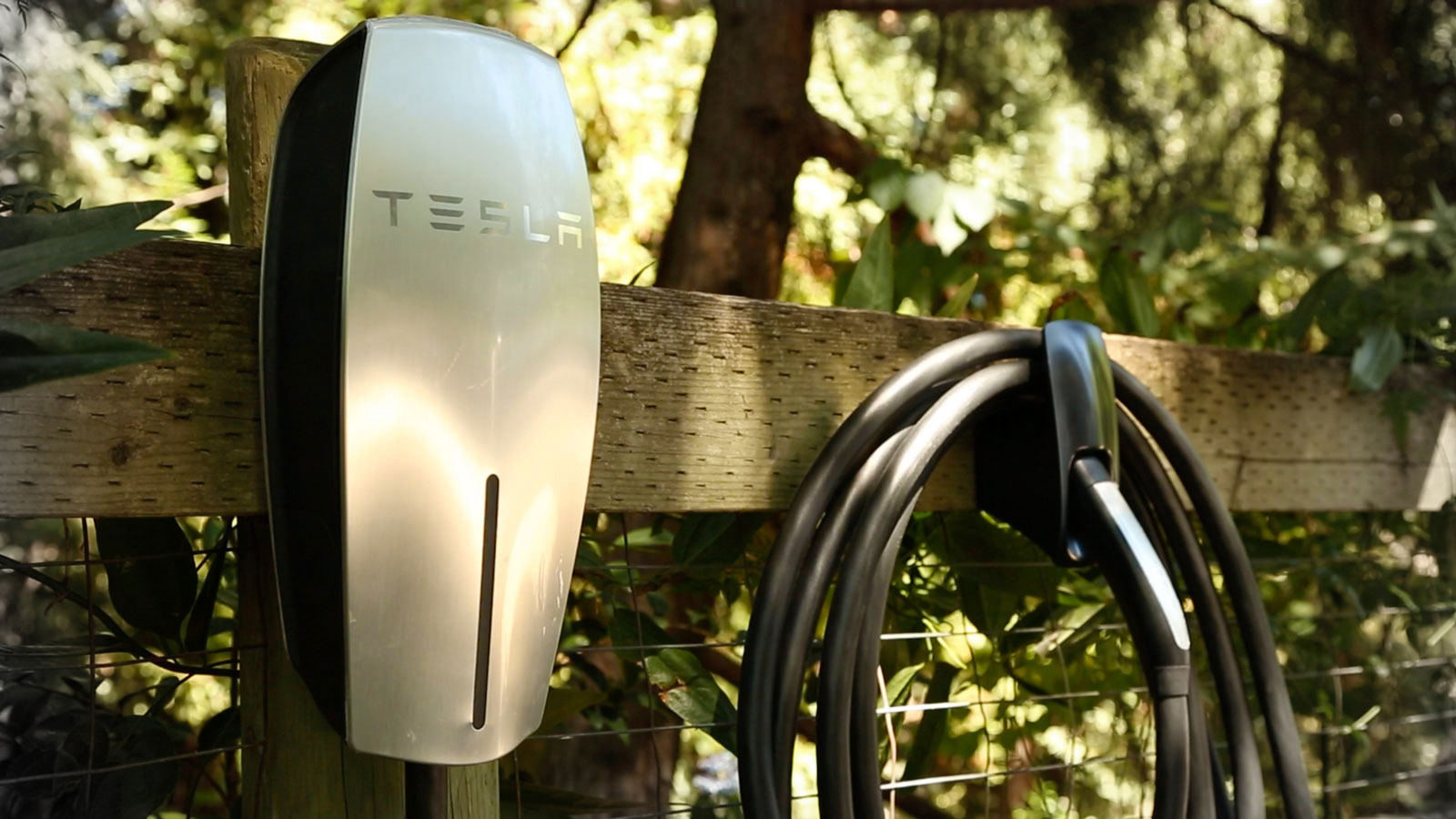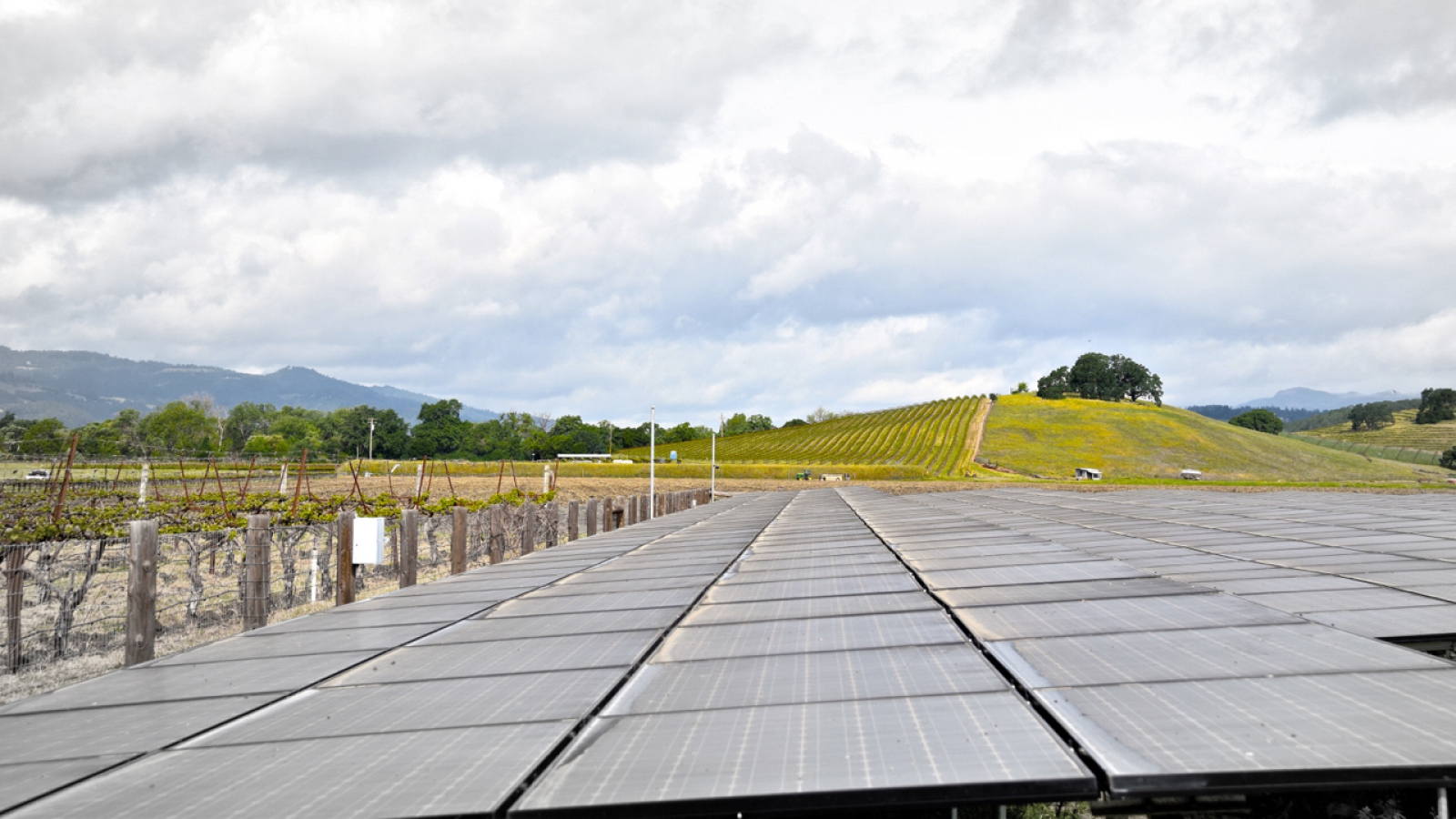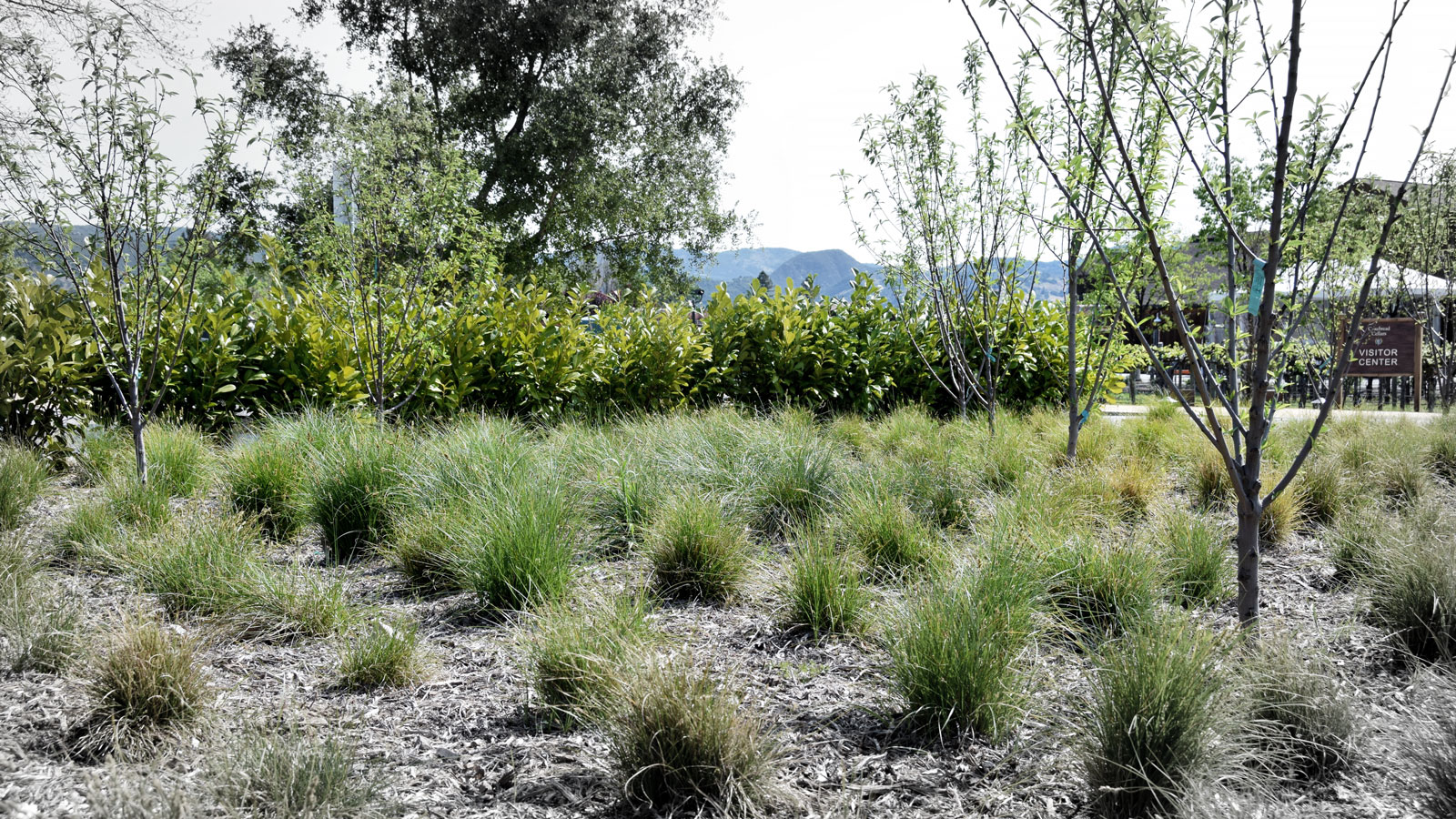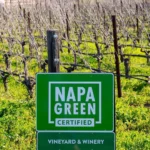Waste prevention musings
Hear from Napa Green Executive Director, Anna Brittain about what Napa Green really means, including how does it differ from Organic and what really is Climate Action?
Napa Green | Champion Story
Natural cork is the most sustainable wine closure. Did you know that cork is made from the bark of cork oak trees? The bark cannot be harvested until the oak tree is 25 years old, and is then harvested every nine years, using ancient harvesting techniques. The bark harvest actually prolongs the life of the trees, which can live from 100 to 300 years.
Napa Green | Champion Story
Packaging plays an important role in customer perception. We are hearing more and more stories from Napa Green members about the benefits of greener packaging AND customers giving kudos for eliminating Styrofoam and lightening packages.
Napa Green | Champion Story
ZD Wines was recently certified as a Napa Green Winery. “It’s the way we think anyway – the way we do everything,” said CEO Robert deLeuze, son of founder Norman deLeuze, about the straightforward process to becoming certified.
Napa Green | Champion Story
Trinchero Family Estates was recently awarded the premier California Sustainable Winegrowing Leadership Award Green Medal for their company-wide business leadership, recognizing a history of smart resource use going back nearly 70 years. When the Trinchero family purchased the Sutter Home winery in 1948 they began a tradition of recycling that included purchasing, washing and reusing bottles from neighboring wineries.
more climate smart musings
